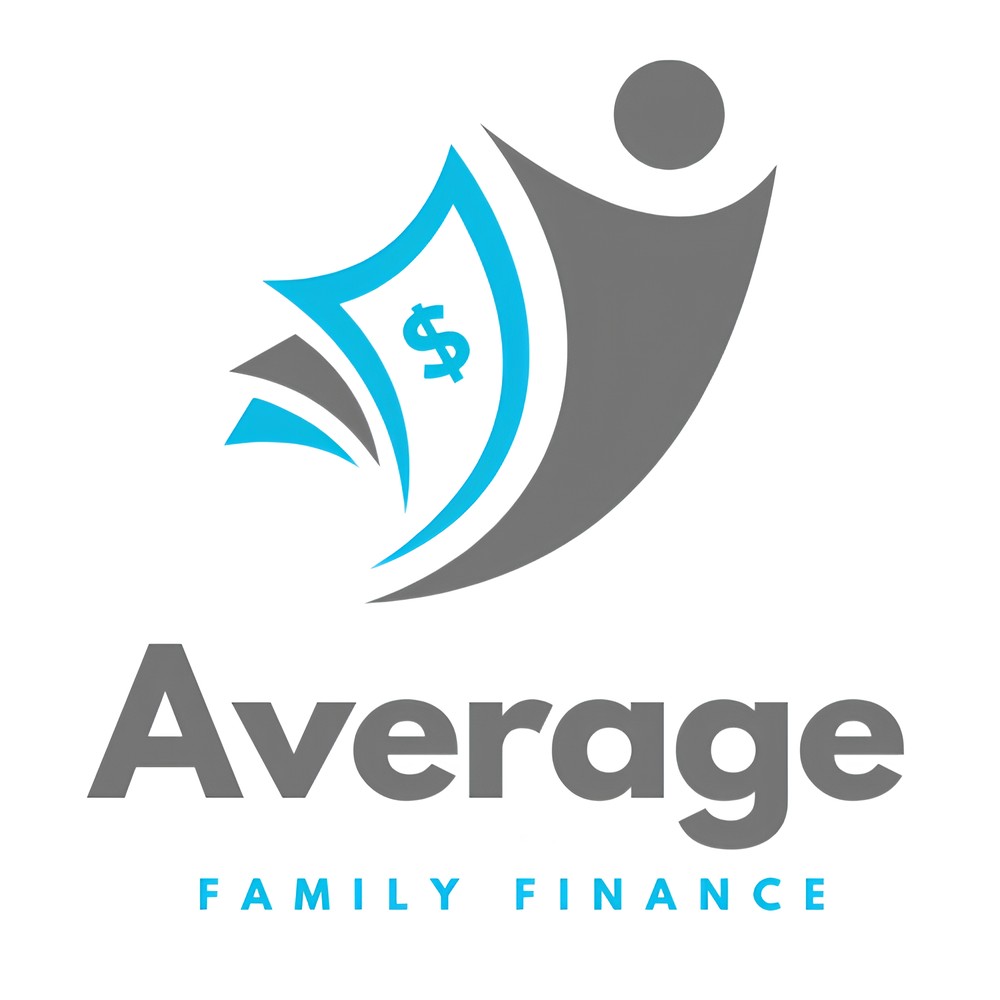What Are Emergency Loans?
Emergency loans are there to help when life throws unexpected expenses your way. You can get these loans from banks, credit unions, or online lenders. They usually don’t need collateral, which makes them easier to get but can also mean higher interest rates. Before you jump in, it’s super important to understand the loan’s terms and the lender’s reputation. Interest rates can vary, especially if your credit isn’t great. Take the time to compare different options to find the best deal. Make sure you know the repayment schedule and any extra fees so there are no surprises later on .
How to Qualify for Bad Credit Loans
Getting an emergency loan with bad credit can be tough but not impossible. Lenders will look at your credit score, income, job stability, and how much debt you already have. Sometimes, having a co-signer can help. Each lender has different requirements, so it’s good to shop around. Gather all the necessary documents, like pay stubs and bank statements, to make the process smoother. Some lenders even consider things like utility payments to determine your creditworthiness, which can boost your chances of getting approved .
Types of Emergency Loans
There are several types of emergency loans for families with bad credit:
- Personal Loans: These are common and can be used for almost anything.
- Payday Loans: These can be easy to get but come with high fees and short repayment terms, so be careful.
- Credit Card Cash Advances: These provide quick cash but often have high interest rates.
- Specialized Loans: Medical or auto repair loans are designed for specific emergencies.
Each type has its pros and cons, so do your homework to find the best fit for your situation. Talking to a financial advisor can also help you make the right choice .
How to Apply for an Emergency Loan
Applying for an emergency loan means being prepared. Start by researching and comparing different lenders to find the best terms. Have your documents ready, like ID, income verification, and bank statements. Make sure your credit report is accurate. Know how much you need and consider getting advice from a financial advisor. Fill out the application honestly. Many lenders offer online applications that speed up the process. Always read the loan agreement carefully before signing, paying attention to the interest rate, repayment schedule, and any fees .
Managing Loan Repayment
Paying back your loan on time is crucial, especially with bad credit. Set a budget to track your income and expenses, and prioritize your loan payments. Setting up automatic payments can help you avoid missing due dates. Regularly check your financial status to stay on track. Cut down on non-essential spending to free up more money for repayments. Building an emergency fund can also help cover unexpected costs. If you run into trouble, talk to your lender right away to explore other options. Avoiding extra penalties and damage to your credit score is key. Financial counseling can offer more tips for managing your loans and credit better .









